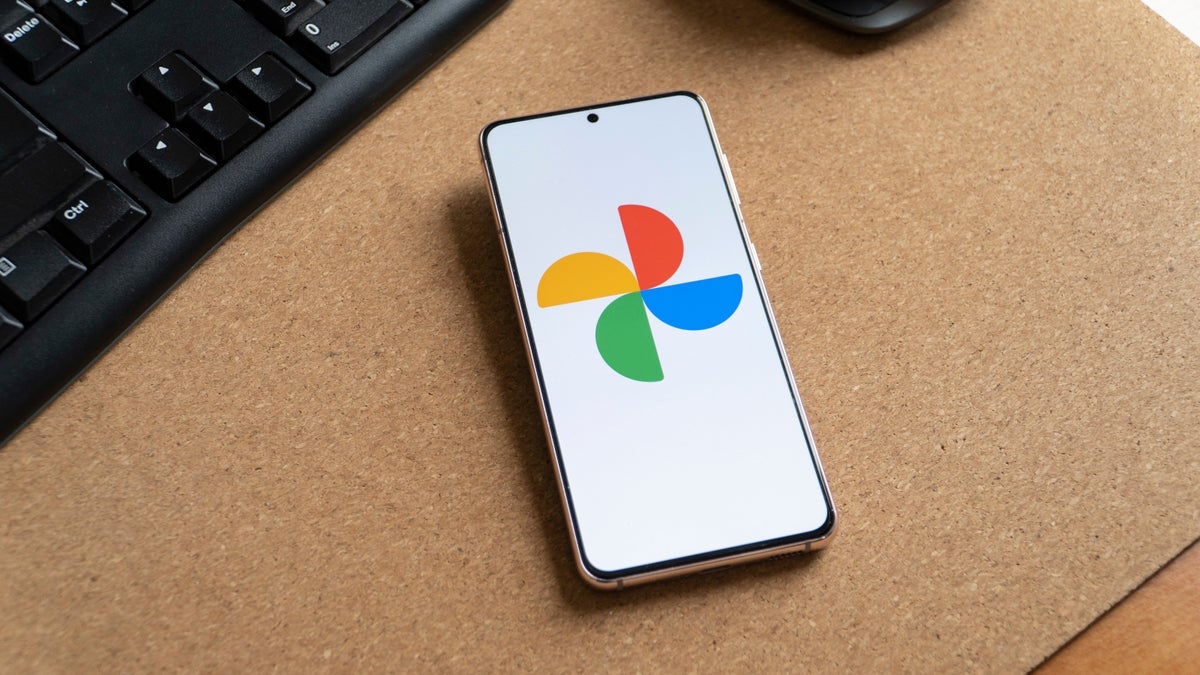Don’t miss out on our latest stories. Add PCMag as a preferred source on Google.
Anthropic, the company behind chatbot Claude, has agreed to pay “at least” $1.5 billion to settle a class-action lawsuit by authors that accused the AI company of downloading millions of pirated books to train its AI.
Amid numerous lawsuits accusing the world’s largest AI firms of improperly using copyrighted data for training—including ChatGPT-maker OpenAI and AI search engine Perplexity—this represents one of the largest AI copyright settlements yet. The settlement works out to close to $3,000 for each of the 500,000 works mentioned in the class action.

5 Ways to Get More Out of Your ChatGPT Conversations
According to the filing, the settlement, if approved, “will be the largest publicly reported copyright recovery in history, larger than any other copyright class-action settlement or any individual copyright case litigated to final judgment.” In addition to providing monetary compensation, the Amazon-backed AI startup will be required to destroy all remaining copies of the pirated books within 30 days of the judgment.
Though Anthropic has agreed to the settlement terms, the court still needs to approve them. The final decision may take until 2026, according to the filing.
In the case filed last year, the plaintiffs had alleged that Anthropic committed large-scale copyright infringement by downloading and commercially exploiting books that it obtained from pirated datasets online, including an online library called Books3.
Mary Rasenberger, CEO of the Authors Guild and Authors Guild Foundation, praised the results for “authors, publishers, and rightsholders generally,” stating that the settlement is a “strong message to the AI industry that there are serious consequences when they pirate authors’ works to train their AI, robbing those least able to afford it.”
Recommended by Our Editors
OpenAI is currently facing its own class-action lawsuit from authors and novelists, including Game of Thrones author George R.R. Martin, who accuse it of “systematic theft on a mass scale” for using their written works to train its systems.
Disclosure: Ziff Davis, PCMag’s parent company, filed a lawsuit against OpenAI in April 2025, alleging it infringed Ziff Davis copyrights in training and operating its AI systems.

Get Our Best Stories!
Your Daily Dose of Our Top Tech News

By clicking Sign Me Up, you confirm you are 16+ and agree to our Terms of Use and Privacy Policy.
Thanks for signing up!
Your subscription has been confirmed. Keep an eye on your inbox!
About Will McCurdy
Contributor









